What are uterine tumors?
Uterine adenocarcinomas are the most common tumors in rabbits. Researchers state that this type of tumor occurs in almost every intact female rabbit. Most animals develop this cancer before the age of 5 years and almost every intact female rabbit has this tumor before the age of 7 years.
How is this caused?
The tumors are hormonally induced, i.e. they are caused by the influence of hormones. The mucous membrane in the uterus of rabbits is very active and changes with age. These changes lead to the development of tumors. Multiple ovulations without the rabbit becoming pregnant can also lead to uterine cancer. These ovulations can be caused by the rabbit being repeatedly attacked by another rabbit (male or female) or by the presence of a male rabbit's scent.
What are the symptoms of uterine tumors in rabbits?
If growth is still small, you won't notice much in your rabbit. Only when the tumor grows can different symptoms appear;
-
Blood in the urine
-
Bloody discharge from the rabbit's vagina
-
Lethargy
-
You want to eat less (and lose weight as a result)
-
Teeth grinding, which is usually a manifestation of pain
-
Tightness or shortness of breath.
The latter can only be seen in this case with metastases in the lungs. Always go to the vet if your rabbit is constipated or short of breath!
How does the vet make the diagnosis?
This can be done by palpating the abdomen, but an ultrasound examination of the abdomen is much better. Sometimes an X-ray of the lungs is also needed to determine if there are metastases.
What can I do?
Tumors of the uterus metastasize relatively quickly in rabbits, so it is important to treat them quickly, or even better, prevent them. Neutering rabbits at a young age prevents them from developing uterine cancer later in life. Preferably, the rabbit is castrated at 4-6 months of age. Neutering can be done up to 2 years of age, as rabbits never develop uterine tumors before that age. The motto here is; the sooner the better.
If your rabbit already has uterine tumors, surgery can sometimes help. There should then be no metastases present. At this point surgery can no longer help and treatment is to support your rabbit. In some cases it may be better to opt for euthanasia.
This text was translated by a translation machine
 Horse Pharmacy
Horse Pharmacy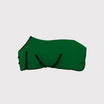 Rugs
Rugs Care
Care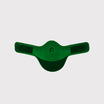 Saddle and Attachments
Saddle and Attachments Leg Protection
Leg Protection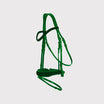 Bridles
Bridles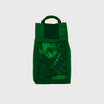 Feed
Feed Fly Masks
Fly Masks Saddle Pads
Saddle Pads Headcollars and Ropes
Headcollars and Ropes Bits
Bits Other Disciplines
Other Disciplines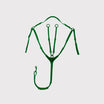 Reins and Auxiliary Reins
Reins and Auxiliary Reins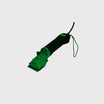 Clipping
Clipping Western
Western Eventing
Eventing Foals
Foals Reflection
Reflection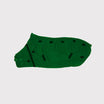 Therapy Products
Therapy Products Boots and Shoes
Boots and Shoes Breeches and Belts
Breeches and Belts Tops
Tops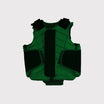 Safety
Safety Competition
Competition Heated Clothing
Heated Clothing Gloves
Gloves Socks
Socks Spurs and Attachments
Spurs and Attachments Technology
Technology Whips
Whips Gifts
Gifts Casual Wear
Casual Wear Underwear
Underwear Rider Pharmacy
Rider Pharmacy Bags
Bags Books
Books Laundry supplies
Laundry supplies Jewelry
Jewelry Feed and Waterbowls
Feed and Waterbowls Equipment
Equipment Tack Room
Tack Room Pest Control
Pest Control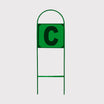 Arena
Arena Horse Toys
Horse Toys Wheelbarrows
Wheelbarrows Yard
Yard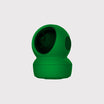 Surveillance
Surveillance Disinfect
Disinfect Washing Area
Washing Area Lighting
Lighting Horse Pasture
Horse Pasture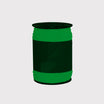 Current Conductors
Current Conductors Pole
Pole Insulators
Insulators Energisers
Energisers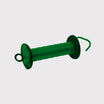 Gate Handles
Gate Handles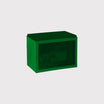 Batteries and Accumulator
Batteries and Accumulator Nets
Nets Grounding
Grounding Tools
Tools Fencing Security
Fencing Security Wolf Defense
Wolf Defense Fencing Sets
Fencing Sets Fence locks
Fence locks Dogs
Dogs Cats
Cats Rodents
Rodents Dogs Pharmacy
Dogs Pharmacy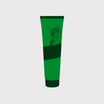 Cats Pharmacy
Cats Pharmacy Rodents Pharmacy
Rodents Pharmacy Cattle Pharmacy
Cattle Pharmacy Poultry Pharmacy
Poultry Pharmacy Veterinary Supplies
Veterinary Supplies Cattle
Cattle Sheep and Goats
Sheep and Goats Poultry
Poultry Heat Lamps
Heat Lamps Calves
Calves Marking
Marking Halters
Halters